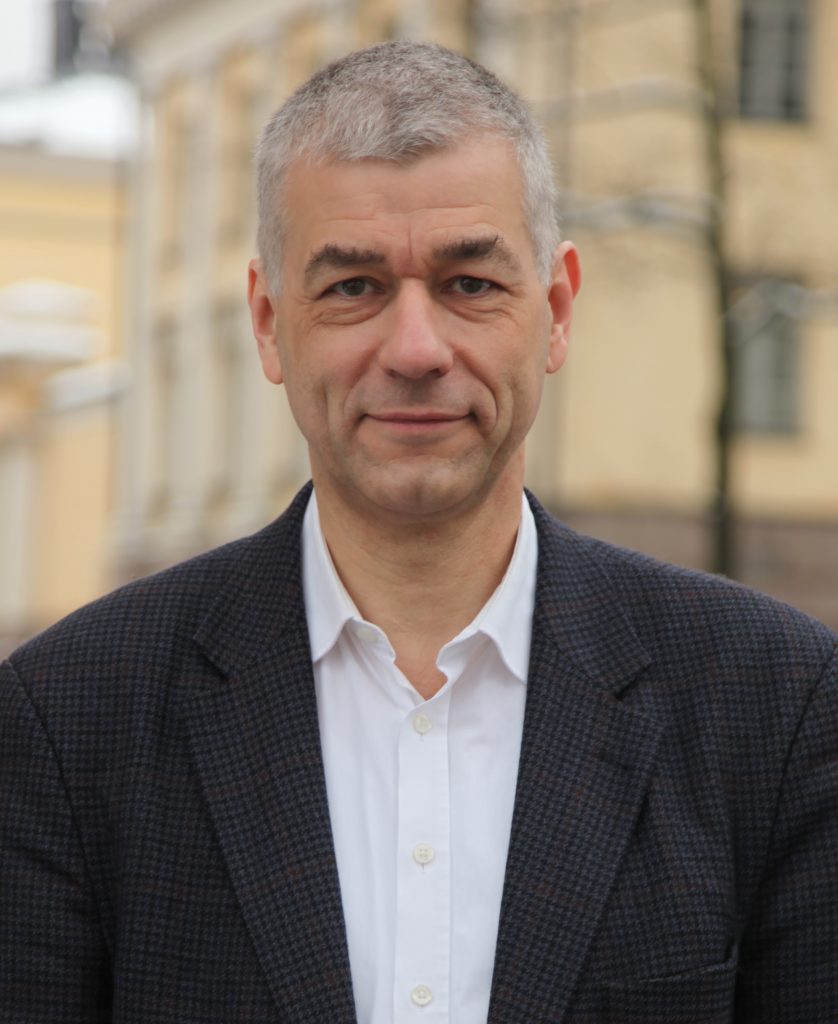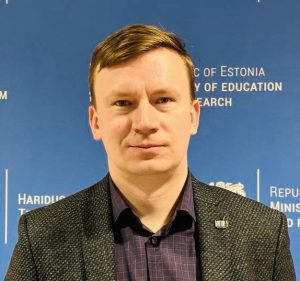The Global Pretensions of the Russian Orthodox Church

Jerry G. Pankhurst is professor emeritus of sociology and of Russian and Central Eurasian studies at Wittenberg University.
In global affairs, Patriarch Kirill and the Russian Orthodox Church operate in several arenas of action, and their actions are carried out on interrelated moral, normative, canonical, legal, political, and economic dimensions. We might imagine a globe with the headquarters of the Moscow Patriarchate at the center of a worldwide system of converging vectors of action on all these dimensions. (Imagine a huge spider sitting in Moscow with its many legs stretching around the world in all directions.) The vectors originate at the point of convergence, which is His Holiness Kirill, Patriarch of Moscow and All Rus’, surrounded by his most faithful assistants in ROC leadership. The vectors stretch out to points around the globe where the ROC has significant interests and attempts to exert influence on others.
One might imagine such a global vectored arrangement for many global organizations from businesses to international nongovernmental organizations (INGOs), but the multiplicity of arenas of action in which the ROC acts is noteworthy; indeed, the ROC must worry about a large number of arenas of action that grow from its particular nature and global position.


